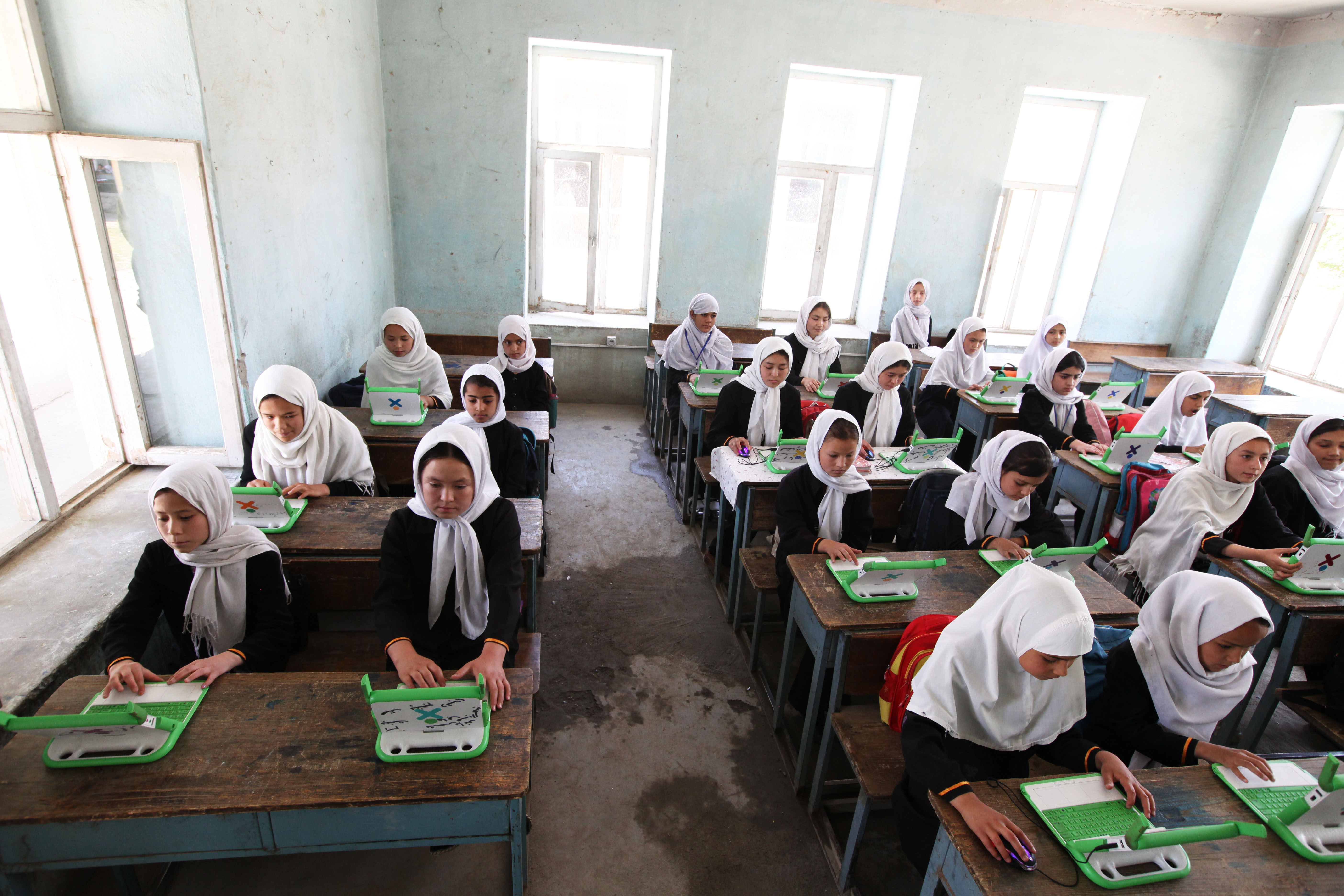In early May, Save the Children‘s State of the World’s Mothers 2010 report ranked Afghanistan last among the 160 countries surveyed, in terms of how easy it was to raise children.
While medical care is often limited, and being an infant in Afghanistan poses many risks, it is also a tough place to grow up. Only 52% of primary aged school children are enrolled in school, where classes are often made up of more than fifty students. Despite the extraordinary restoration of public schools and teachers over the past decade, there is still a lack of teachers and school buildings, and children receive an average of 2.5 hours of school a day. That is half of what children in developed nations (OECD) receive.
These numbers reflect a vast improvement from when the Taliban controlled the country – over the past three years, school enrollment has grown from 800,000 students to 4.5 million. But youthful curiosity is not bounded by time spent in school. We are working to make sure that, district by district, these children have tools and projects to explore and to experiment with, so they can have time to learn even when school does not have time for them.

A class of Afghan girls at work on their XOs. Photographed by Elissa Bogos
Note: Some information comes from the latest OLPC Afghanistan Briefing Note.
http://en.wikipedia.org/wiki/History_of_Afghanistan

